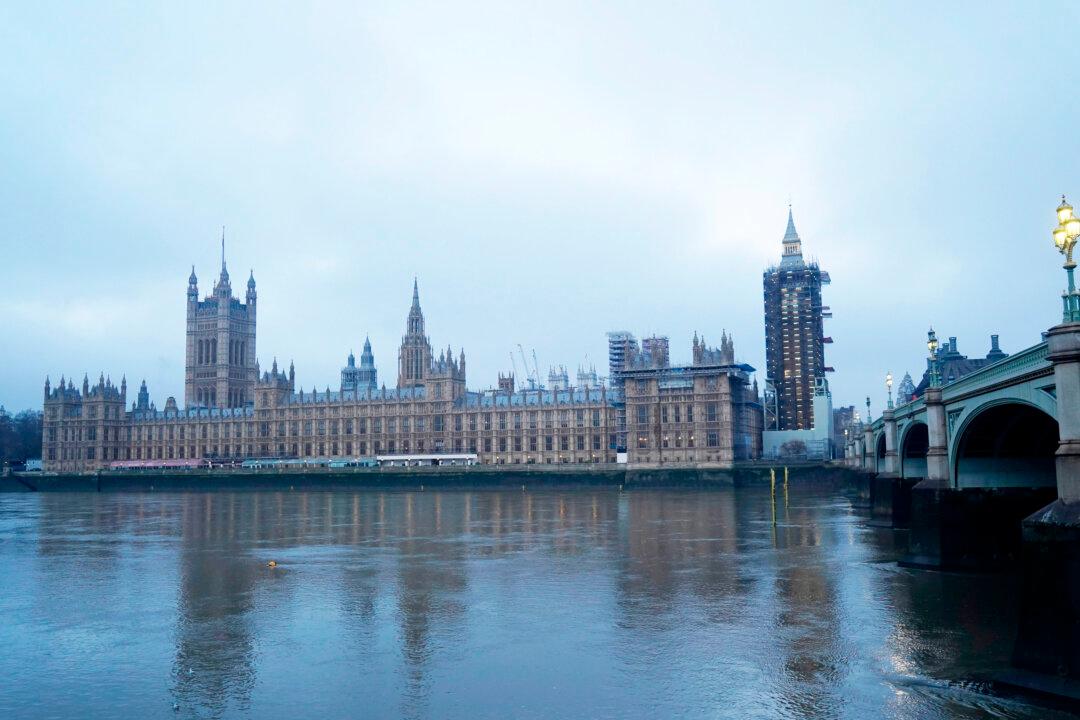With a nod to China’s forced organ harvesting, UK lawmakers have added an amendment to legislation on medicines that may require proof of consent for the use of human tissues obtained from overseas.
Proponents of the measure—which tackles only the use of human tissue in medicines—acknowledge that it is largely symbolic, but describe it as a small but important first step in the United Kingdom to tackling potential complicity in overseas crimes.





